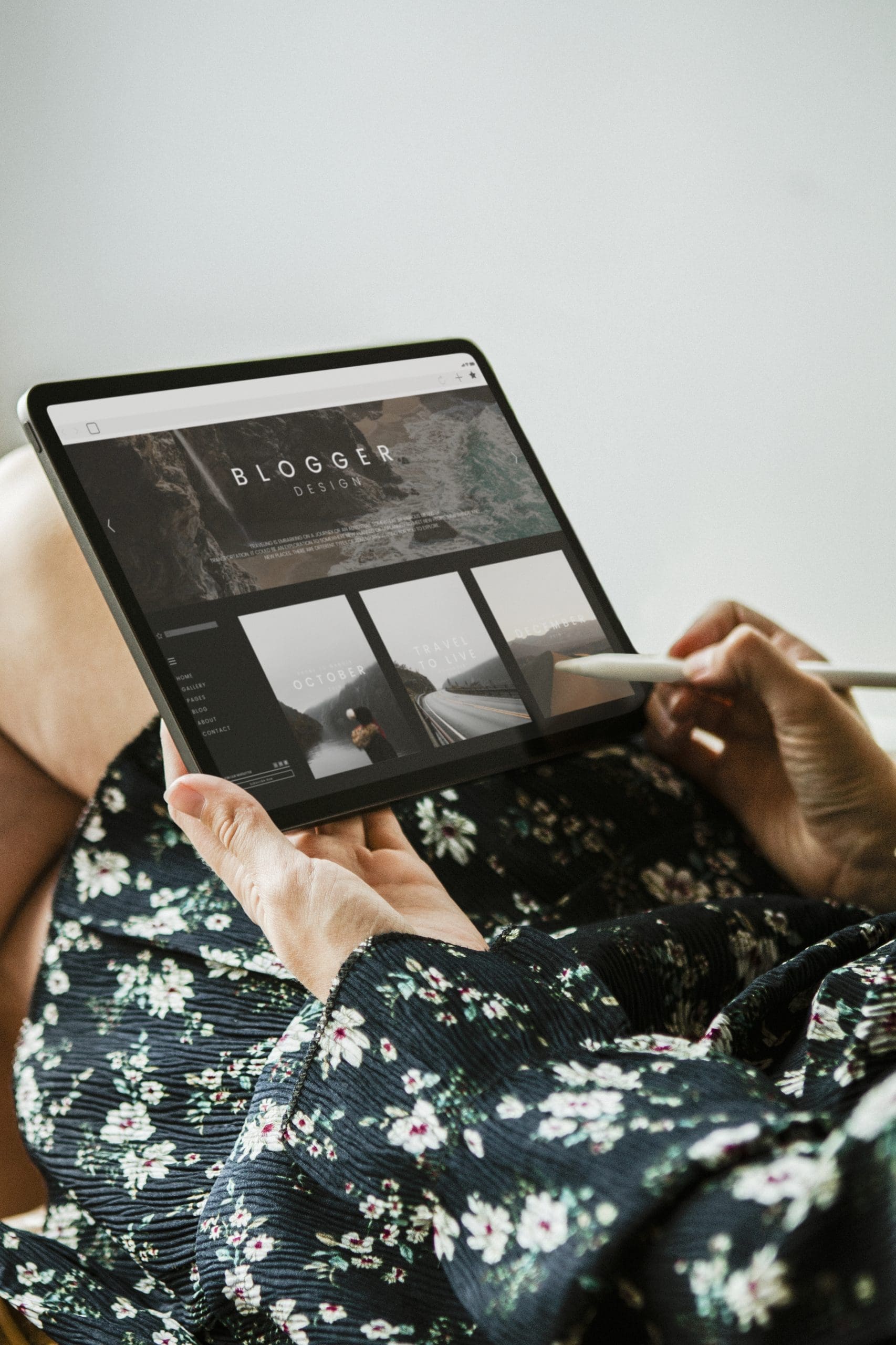On the Internet, it's easy to download an image with just a few clicks, but beware: the majority of images found online are protected by copyright. Using one without permission can lead to legal consequences. Fortunately, there are reliable resources for finding royalty-free images, provided you understand the rules.
Why pay attention to image copyright?
Many people copy images directly from Google without checking their source. Yet these images are often the property of a photographer or website. Infringing copyright can lead to lawsuits or takedown requests. So if you're creating visual content for a website, publication or social network, it's essential to respect usage licenses.
Types of image licenses to be aware of
Public domain images
Public domain images are no longer protected by copyright (either because it has expired, or because the author has voluntarily released it). These images can be used freely, without attribution or payment. Exception: if an identifiable person is present in the image, his or her authorization remains obligatory.
Royalty-free images
In this model, you pay once to acquire an image, which you can then use as many times as you like, without having to pay again. Attribution is generally not required. This is the model used by commercial image banks such as Shutterstock or Adobe Stock.
Creative Commons (CC) licenses
Creative Commons licenses allow creators to specify the conditions of use of their works. There are several types of Creative Commons license:
- CC0 : No restrictions, the image can be used freely, even without attribution.
- CC BY Attribution required (author's name, link to license).
- CC BY-SA Allocation and sharing under the same conditions.
- CC BY-NC Non-commercial use only, with attribution.
Always read the license details before use.
Can I use Wikipedia images?
Yes, the images used on Wikipedia are generally hosted on Wikimedia Commons and are available under Creative Commons licenses or in the public domain.
For each image, check the license displayed, respect the conditions (often mandatory attribution) and make sure it's authorized for the use you intend to make of it. Some images cannot be used for commercial purposes.
An example of correct attribution:
Photo by Jean Dupont via Wikimedia Commons, CC BY-SA 4.0 license
How do I find royalty-free images with Google Images?
Google Images does not guarantee that images are free of copyright. However, it does allow you to filter by license type:
- Go to Google Images
- Enter a keyword (e.g. "boreal forest")
- Click on "Tools
- In "Usage rights", select: Creative Commons license or Commercial license and other licenses
Then visit the image's origin page to confirm usage rights. Don't rely on Google alone.
Best sites to download royalty-free images
Here is a selection of reliable sites offering free and legally reusable images:
- Unsplash : Various HD photos under CC0 license.
- Pexels Beautiful interface, images under CC0, commercial use permitted.
- Pixabay Very large library, efficient keyword search.
- Gratisography : Creative and original images by Ryan McGuire, CC0 license.
- Foodie's Feed Food photos, free without attribution, personal use.
- Splitshire : Free photos with no restrictions, ideal for web projects.
- Magdeleine One free HD photo per day, often under CC0 license.
- Death to the Stock Photo Commercial photos e-mailed each month.
- Public Domain Archive : Free modern images for personal and commercial use.
- New Old Stock Archives in black and white, retro style, from the public domain.
Best practices for using images legally
Always check the license of each image
Keep track of source and license
Mention the author if required by the license
Avoid blurred, questionable or out-of-context images
Conclusion
Using royalty-free images is not only safer, it's also more professional. Whether you're creating a website, a visual marketing campaign or a social networking site, taking a few minutes to choose a legal image can save you a lot of trouble. Use reputable platforms, respect licenses, and create visual content with peace of mind.





